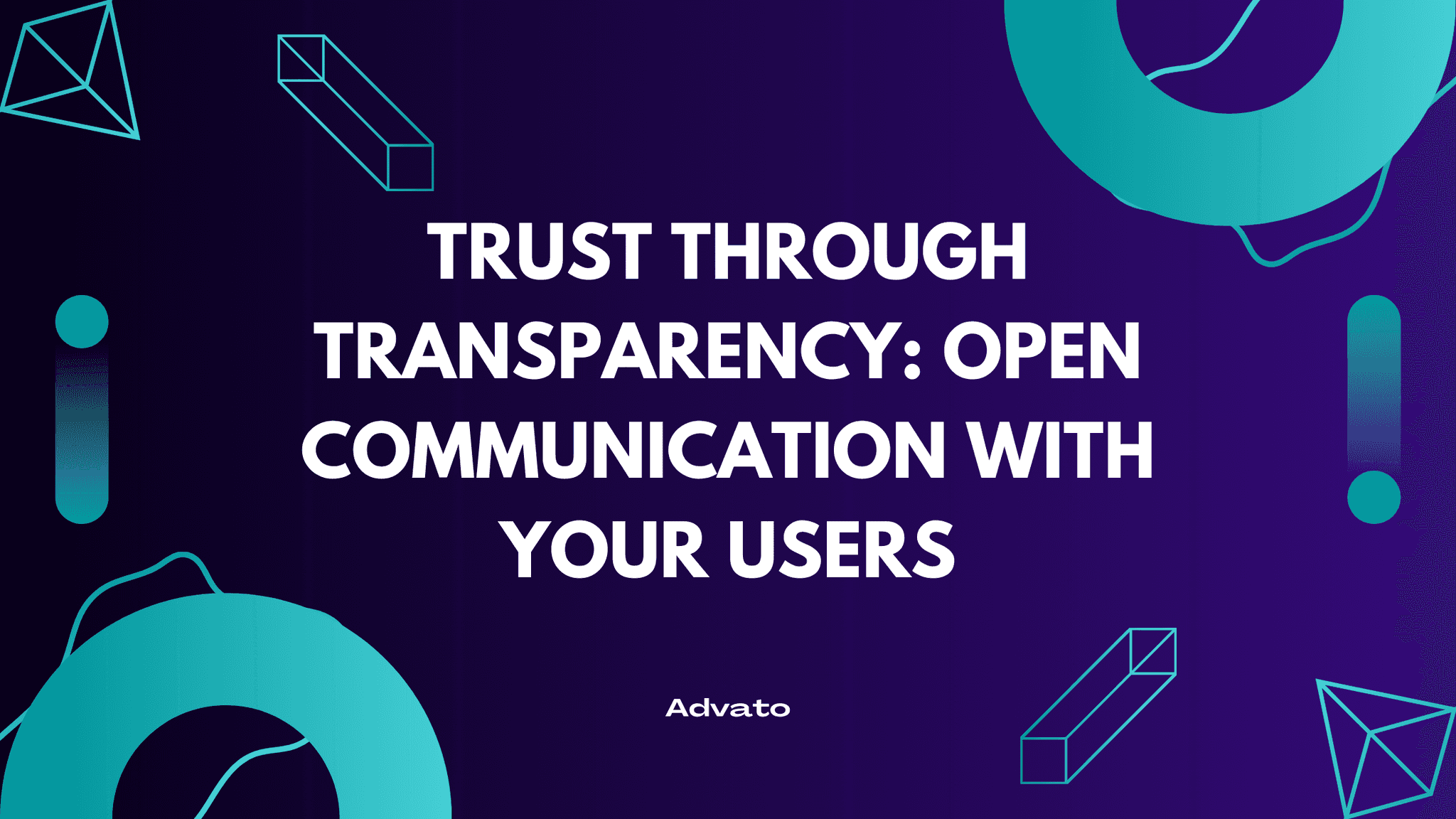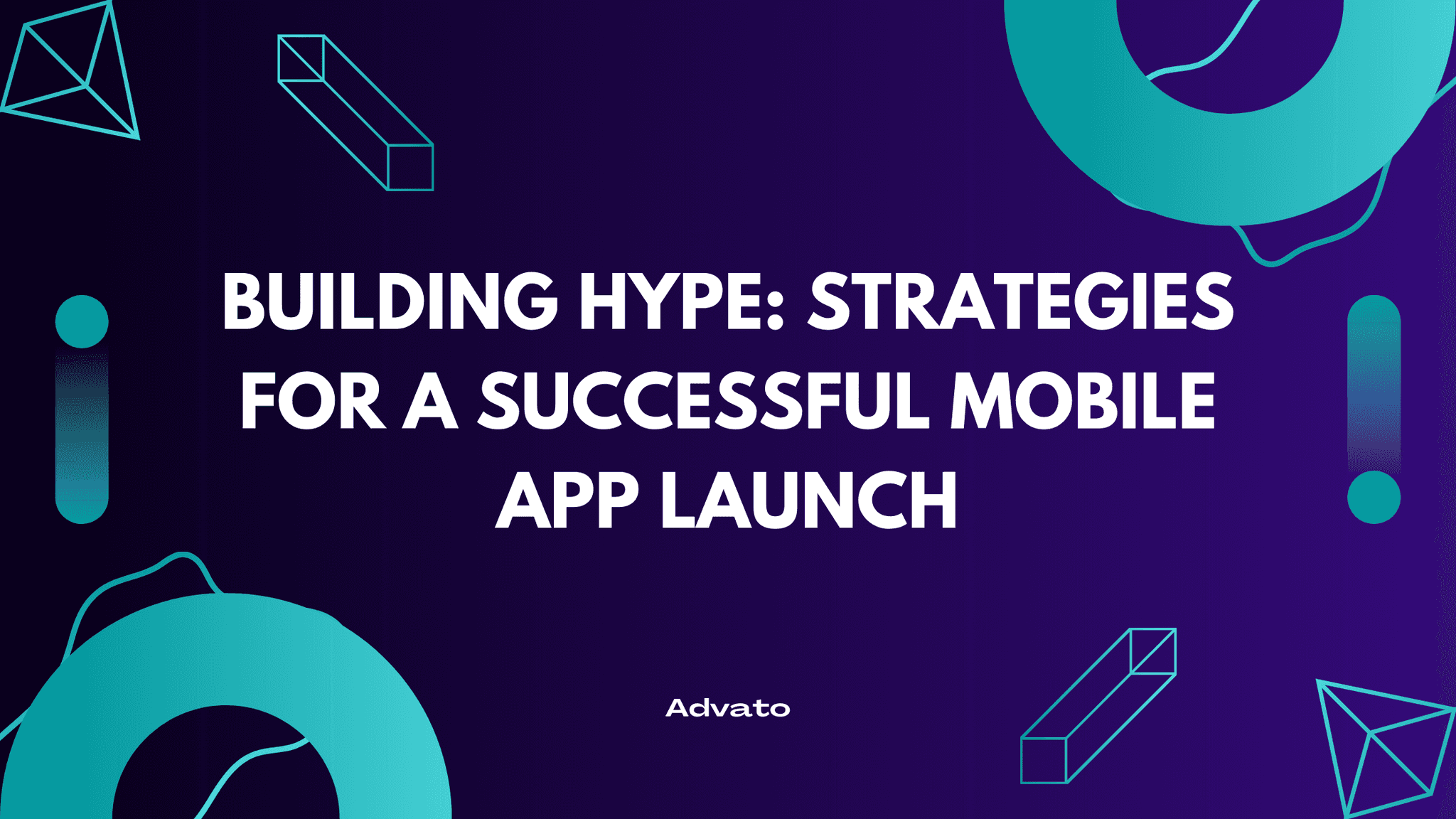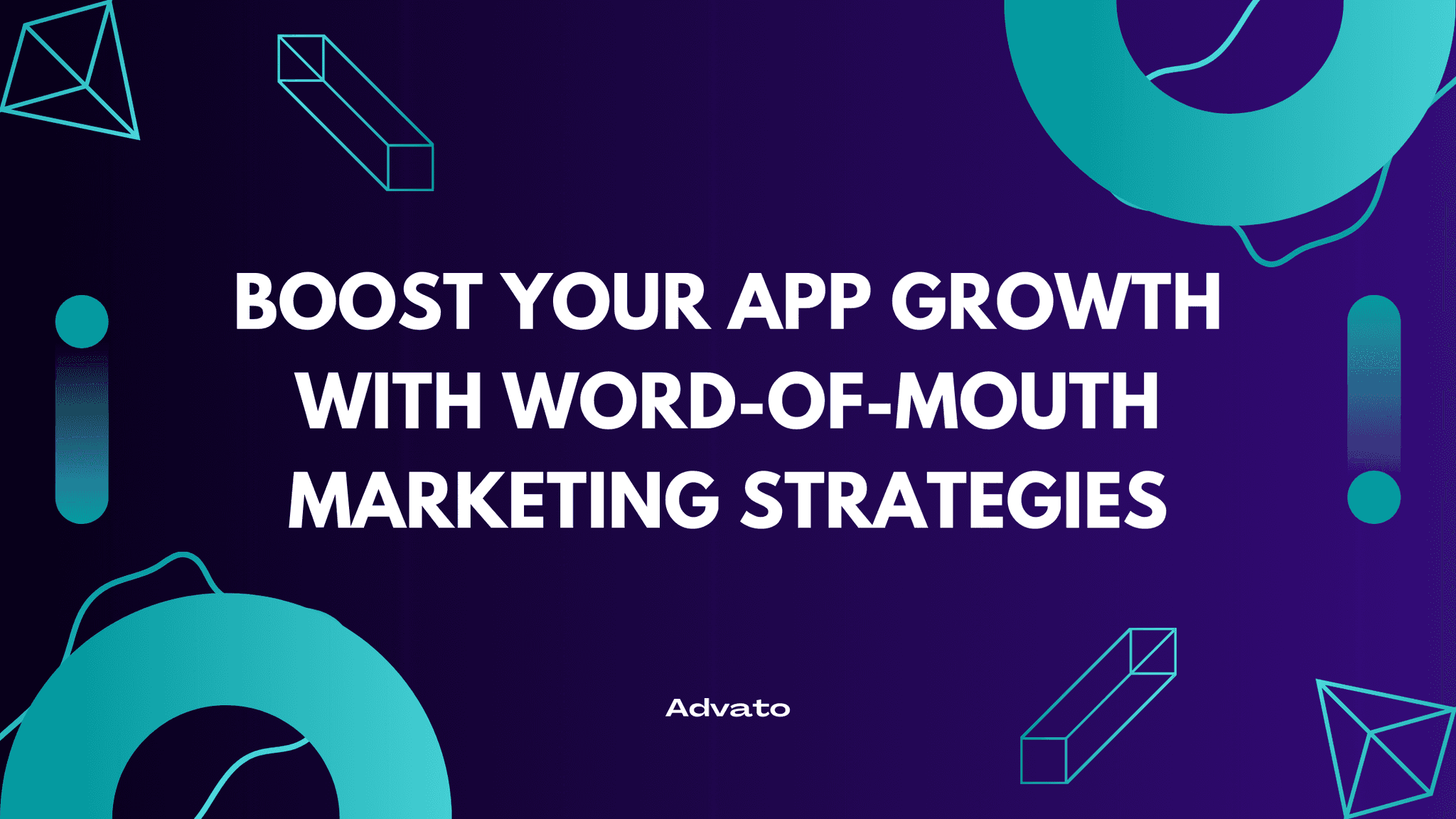Nov 9, 2024
So, you’ve implemented referral marketing in your app, but your referral rate is low? Users are not really engaged, and are not inviting new users? Don’t worry – there are steps you can take to improve your conversion rate and improve your referral results. Let's dive into how you can turn your existing users into enthusiastic advocates, driving downloads and engagement through the roof.
Understanding Referral Marketing in Apps
Referral marketing is the age-old concept of word-of-mouth, turbocharged for the digital age. In the context of apps, it's about encouraging your current users to invite their friends, family, or colleagues to download and use your app. This strategy leverages trust and personal relationships to increase your user base organically.
But what's the magic behind a successful referral program? It's all about creating a seamless experience that motivates users to share your app and makes it easy for new users to jump on board. A well-executed referral marketing strategy not only boosts your app's visibility but also enhances user engagement and retention.
The Psychology Behind Referral Marketing
Understanding why referral marketing works is crucial. People trust recommendations from people they know. According to Nielsen, 92% of consumers trust referrals from friends and family over any other form of advertising. This trust translates into higher conversion rates compared to traditional marketing channels.
Moreover, referred users often have a higher lifetime value. They are more likely to be loyal, engaged, and active within your app. This makes optimizing your referral conversion rate a key factor in long-term success.
Why Referral Rates Matter
Your referral rate—the percentage of users who refer others—is a critical metric. A high referral rate means your users love your app enough to recommend it, which is a strong indicator of user satisfaction and app quality. Moreover, referred users are more likely to be engaged and loyal, improving your app's overall performance metrics.
Consider this: acquiring new users through traditional marketing channels can be costly and yield low engagement rates. In contrast, users acquired through referrals often have higher lifetime value and lower acquisition costs. Optimizing your app's referral conversion rate is not just cost-effective; it's a smart business move.
Challenges in Optimizing Referral Rates
While the benefits are clear, optimizing referral rates isn't without challenges. Common obstacles include:
User Apathy: Users may not be motivated to share your app without sufficient incentive.
Complex Referral Processes: A complicated referral system can discourage users from participating.
Poor Incentive Structures: If rewards aren't appealing, users won't bother.
Lack of Awareness: Users might not even know a referral program exists.
Addressing these challenges requires a strategic approach focused on user experience and value proposition.
Strategies to Optimize Your Referral Conversion Rate
Ready to boost your referral rate? Here are some tried-and-true strategies to optimize your app referral conversion rate.
Simplify the Referral Process
If sharing your app feels like rocket science, users won't bother. Make the referral process as straightforward as possible. Integrate social sharing buttons, allow users to access their contacts directly from the app, and minimize the number of steps required to send an invite.
Consider implementing:
One-Tap Sharing: Enable users to share with a single tap.
In-App Notifications: Gently remind users about the referral program.
Auto-Filled Messages: Provide pre-written messages that users can send directly.
Offer Attractive Incentives
Who doesn't love a good perk? Incentivize users to refer others by offering rewards that matter. This could be anything from in-app currency, exclusive features, or discounts. Ensure the incentives are appealing enough to motivate users but also sustainable for your business model.
Types of incentives include:
Monetary Rewards: Cash back, discounts, or credits.
Exclusive Access: Early access to new features or premium content.
Tangible Goods: Merchandise or gift cards.
Remember to balance the cost of incentives with the lifetime value of the referred users.
Leverage Social Sharing
Social media is a powerful tool for referral marketing. Encourage users to share their achievements, milestones, or content from your app on their social networks. This not only promotes your app but also provides social proof to potential new users.
Tips for effective social sharing:
Integrate with Popular Platforms: Connect with Facebook, Twitter, Instagram, etc.
Create Shareable Content: Offer content that's interesting and worth sharing.
Use Hashtags and Mentions: Increase visibility through social algorithms.
Personalize the Referral Experience
Personal touches go a long way. Allow users to personalize their referral messages to friends. A customized message is more likely to resonate with the recipient than a generic template.
Ways to personalize:
Editable Messages: Let users add a personal note.
Recipient Name Insertion: Automatically include the friend's name.
Sender's Achievements: Highlight what the sender enjoys about the app.
Timing is Everything
Prompt users to refer others at the right moments—like after they’ve achieved something significant within the app or received value from using it. Catching them in a moment of satisfaction increases the likelihood they'll share their positive experience.
Optimal times to prompt referrals:
Post-Purchase or Booking: Right after completing a transaction.
Level Up or Achievement Unlock: In gaming apps, after reaching a new level.
Usage Milestones: After a certain number of uses or days of activity.
A/B Testing Your Referral Strategies
Not sure which strategy works best? Use A/B testing to compare different approaches. Test variations in:
Incentive Types: Compare monetary rewards versus exclusive content.
Referral Messages: Test different wording or calls-to-action.
Design Elements: Experiment with button placements and colors.
Data-driven decisions will help you optimize your referral conversion rate more effectively.
Measuring and Analyzing Referral Rates
Optimization doesn't stop at implementation. Regularly track your referral metrics to understand what's working and what's not. Key metrics include:
Referral Rate: Percentage of users who refer others.
Conversion Rate: Percentage of referrals that convert into new users.
Virality Coefficient: The number of new users each existing user brings in.
User Retention: How long referred users stay active.
Cost Per Acquisition (CPA): Costs associated with acquiring a new user through referrals.
Use these insights to tweak your strategies. For instance, if the conversion rate is low, you might need to improve the onboarding experience for referred users.
Introducing Advato: Your Partner in Referral Success
Feeling overwhelmed? That's where Advato comes in. Advato is the easiest way to implement and grow referrals in mobile apps. Designed with both developers and marketers in mind, Advato simplifies the referral process, making it a breeze to integrate into your app.
With Advato, you can:
Quickly Integrate Referral Programs: No need to build from scratch. Advato offers seamless integration, saving you time and resources.
Customize Incentives and Rewards: Tailor your referral incentives to fit your app and audience.
Track Real-Time Metrics: Access comprehensive analytics to monitor your referral performance and optimize accordingly.
Enhance User Experience: With intuitive design and user-friendly features, Advato ensures your users have a smooth referral experience.
Scalable Solutions: Whether you're a startup or an established app, Advato scales with your needs.
By leveraging Advato, you can acquire users at a much lower price and bring in higher-quality users who are more likely to engage with your app. It's like having a dedicated referral marketing team at your fingertips.
Common Mistakes to Avoid
While optimizing your referral conversion rate, beware of these common mistakes:
Overcomplicating the Process: Keep it simple to encourage participation.
Ignoring Feedback: Listen to user feedback to improve your referral program.
Neglecting Referred Users: Ensure new users have a great onboarding experience.
Spamming: Avoid aggressive prompts that might annoy users.
Conclusion
Optimizing your app's referral conversion rate is a game-changer. By simplifying the referral process, offering attractive incentives, leveraging social sharing, personalizing experiences, and measuring your success, you can transform your users into powerful ambassadors.
Ready to take your app to the next level? Give Advato a try and watch your app's referral rates improve.


